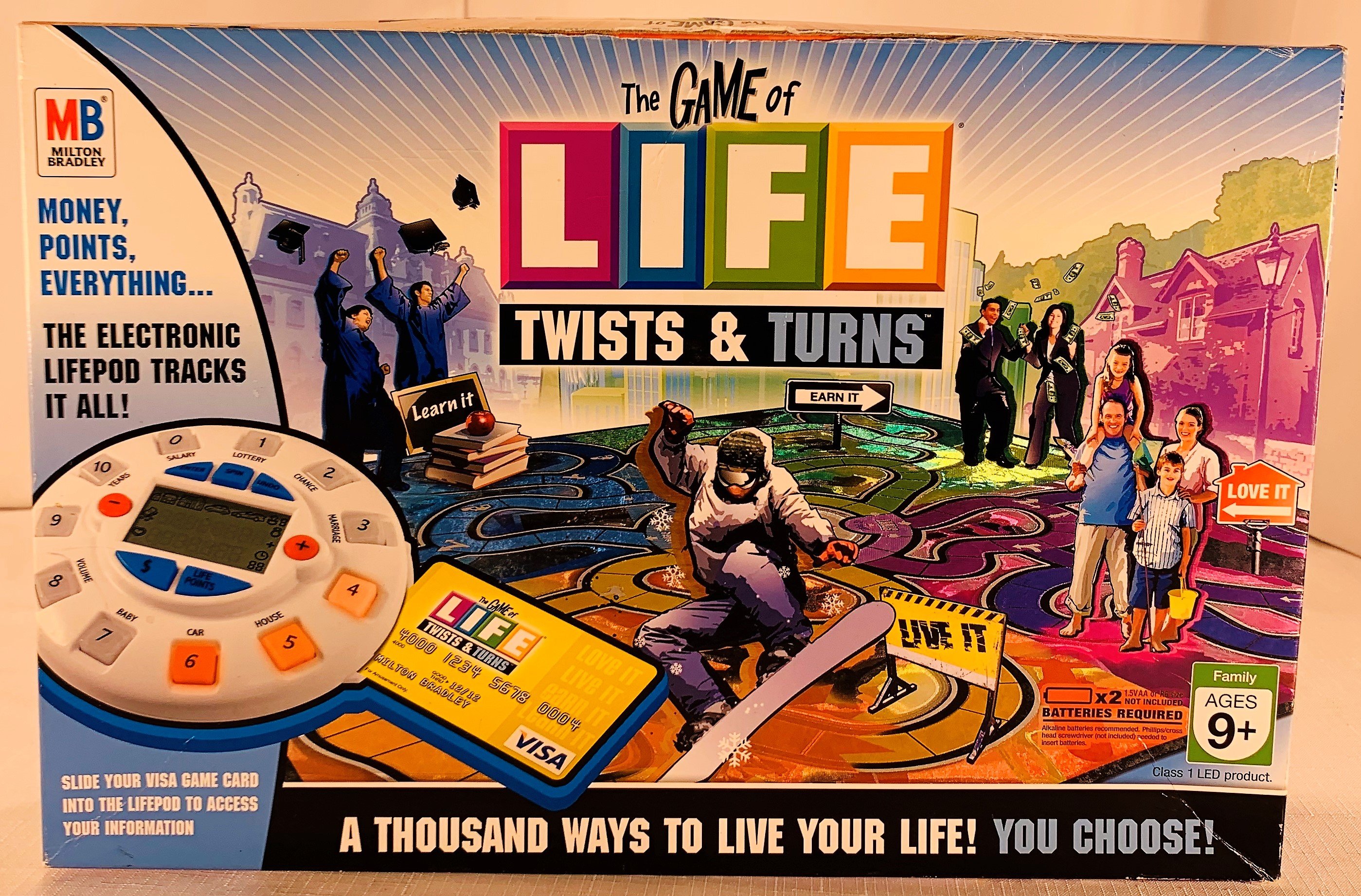

I'm not sure of the net effect if you're 6th out of 6, and some people before you (sub-optimally, per this analysis) decline to attend college. I think there are only 6 game pieces anyway so this would mean "last, in a fully-stacked game". (This difference will amount to an extra $99k over the course of an average-length game, net of the repayment cost of college.) If you are 6th in a sequence of players, go ahead & skip college. If you're 5th in a sequence of players, you will be about indifferent between going to college ($66.5k) vs. The "getting to pick from the top 3" effect is quite strong. So, at what point does the negative "having to pick last" effect begin to outweigh the positive "getting to pick from the top 3" effect, making it optimal to skip college? Let's look at your how your advantage in expected salary declines, by number of players who (all) have gone to college before you (assuming that no one before you skips college):Ġ players: $85.0k 1 player: $81.7k 2 players: $77.7k 3 players: $72.7k 4 players: $66.5k 5 players: $58.5k If you skip college, you may only get an expected salary of $65k, but you'll get to pick before all these college-goers. By that point, the highest-numbered salary cards will have been preferentially depleted. Why might you ever want to skip college? The intuition lies in the caveat listed at the beginning of the previous paragraph: if you are last or close to last in the play sequence of a game with many players, and these players have already gone to college before you, then these players will all on average have already gotten to pick from the top 3 (remaining) salary cards several times before you by the time you get to pick your salary. Multiply by the expected salaries, and on average, going to college will net you an additional $546k over the course of a single game (net of the $50k loan-repayment cost of college). Taking the average game length as 124 squares without college & 121 squares with college, and dividing by an average of 5.5 squares per turn, a game will take about 22.0 moves with college on average & 22.55 moves without. Ignoring the effects of other players getting to pick a salary before you: the expected value of your salary card is $60k without college, or $85k with college (assuming you pick the top card). College takes a little more time and so results in longer games however, you don't get to start collecting your salary until you graduate, giving you salaried-square-games of either 119, 120, 122, or 123 squares, again depending on your path picks. The version of the game I had growing up (1991 ed.) has either 122, 123, 125, or 126 squares, depending on the forks you take, if you opt out of college.

If you go to college, you get to pick 3 salary cards & choose the one you want if you don't, you are constrained to picking a single salary at random. Ever play the game LIFE? Existential horror aside, one of the few things you do have agency over in the game, is the choice of whether or not to go to college.


 0 kommentar(er)
0 kommentar(er)
